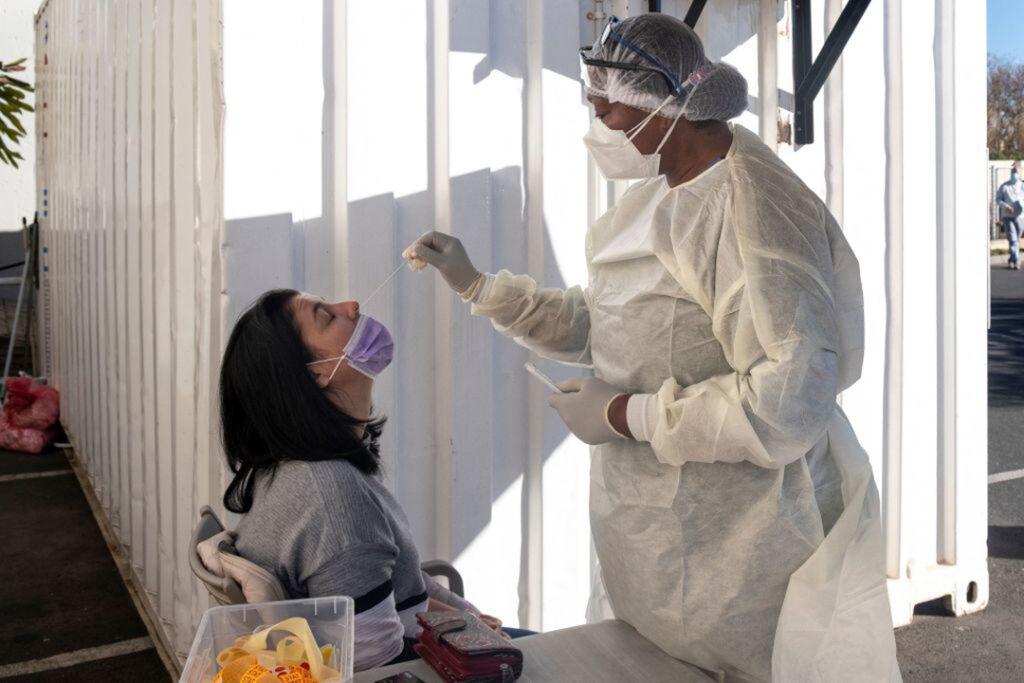ADF STAFF
South African researchers have identified what they describe as the most mutated COVID-19 variant discovered since the pandemic began. The variant, identified as C.1.2, has not yet received a Greek letter designation from the World Health Organization.
The new variant arose in the shadow of the highly transmissible delta variant, which has become the dominant strain across Africa and elsewhere over the past several months.
The C.1.2 variant shares many of the same mutations that gave delta and other variants a foothold on the continent. Although C.1.2 is spreading, it is doing so more slowly than delta or other variants before it and accounts for less than 3% of total infections in South Africa, according to Dr. Cathrine Scheepers, senior medical scientist at South Africa’s National Institute for Communicable Diseases.
“We are currently performing a series of laboratory tests to determine the properties of this virus and hope to have the results very soon,” Scheepers told ADF. “In the meantime, we continue to monitor the spread of this virus very closely.”
Based on the number of mutations found in C.1.2, Scheepers said the variant very likely arose from a single individual, possibly with a weakened immune system, whose body took a long time to fight off the virus. The extended fight allowed the virus to go through a burst of mutations as it survived the body’s efforts to destroy it. The beta and delta variants show a similar pattern, Scheepers said.
“The longer somebody becomes infected with a particular virus, the more chance it has to accumulate a lot of mutations,” Scheepers said. “Since this lineage is so highly mutated, we hypothesize it is a result of a prolonged infection.”
Since the beginning of the COVID-19 pandemic in early 2020, public health experts have urged people to take measures such as masking, hand-washing, and social distancing to prevent the spread of the virus. The fewer infections, the fewer opportunities the virus has to develop a mutation that make it easier to spread.
“As a virologist, I expected this variant to emerge,” Dr. John Nkengasong, director of the Africa Centres for Disease Control and Prevention, said during a recent press briefing.
Nkengasong said the C.1.2 variant brings up three key questions: Can tests detect the variant? Do existing vaccines protect against the variant? Is the new variant more fatal than others?
“These are three things the public should be thinking of,” Nkengasong said.
Where C.1.2 is concerned, the answers to those questions are: “yes,” “yes,” and “we don’t know,” he added.
For now, Scheepers and other researchers continue to study the variant and its impact on the population.
Will C.1.2 become the next dominant strain? No one can say right now.
“There are many factors contributing to whether a variant becomes dominant,” Scheepers said.
Some of those factors include how transmissible a strain is and the degree to which super-spreader events drive its growth in a population.
The good news, according to Nkengasong, is that Africans already have the tools at hand to beat C.1.2.
“The same public health measures of prevention that we know and have helped us going through the first wave, the second wave and third wave are the same measures that apply to any mutations or any variants that emerge,” he said.

